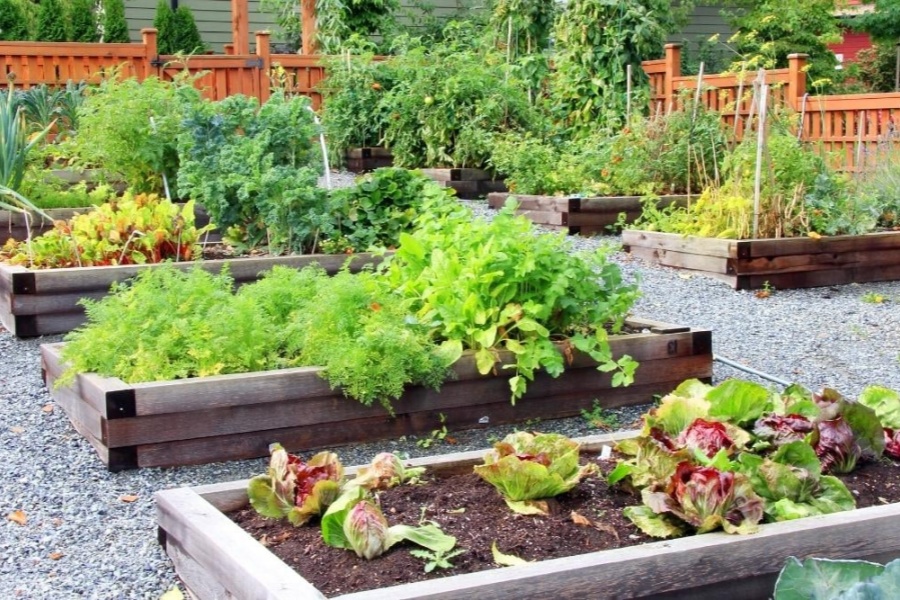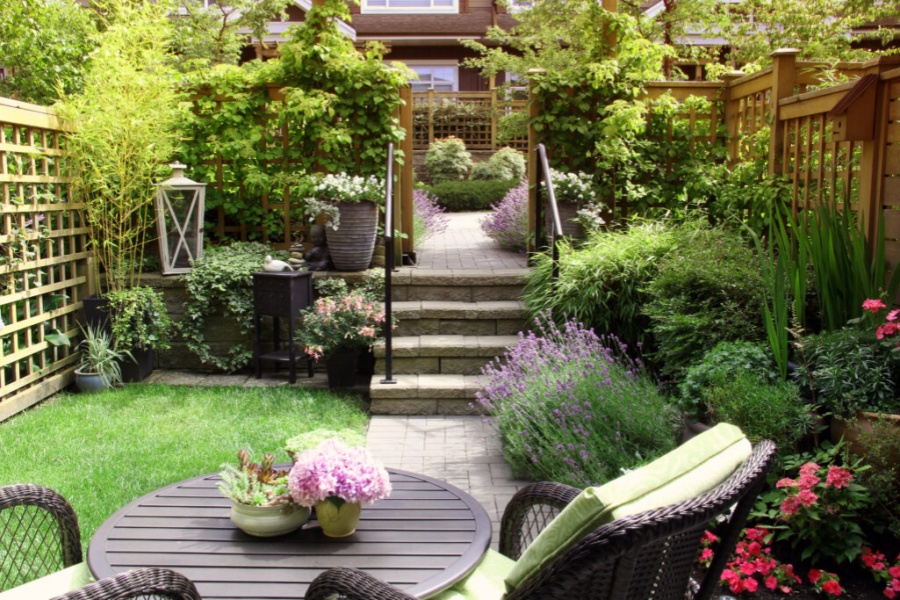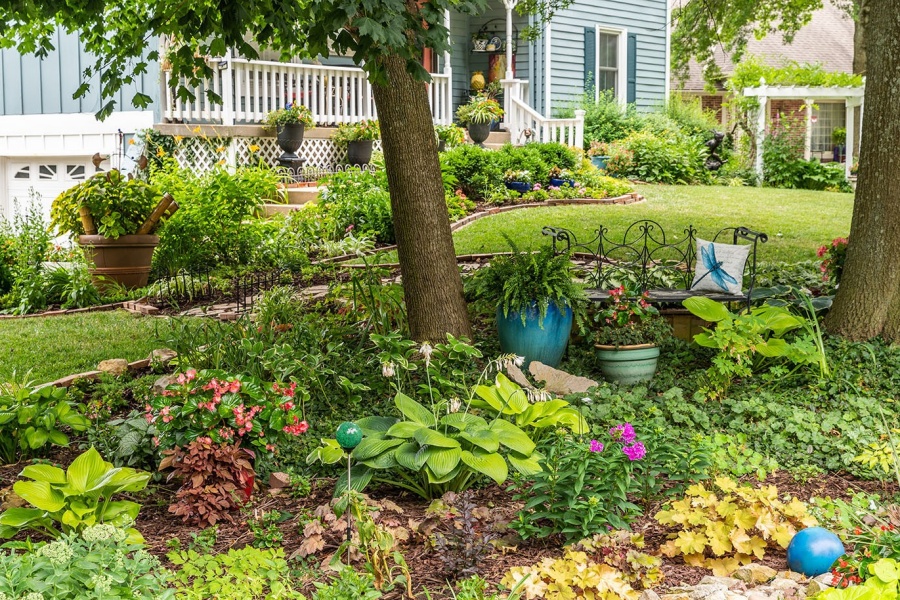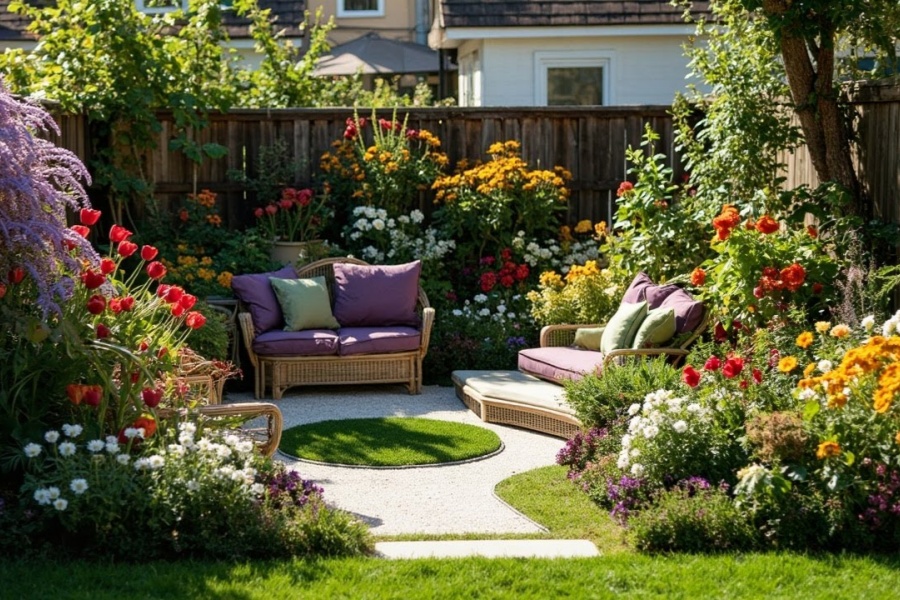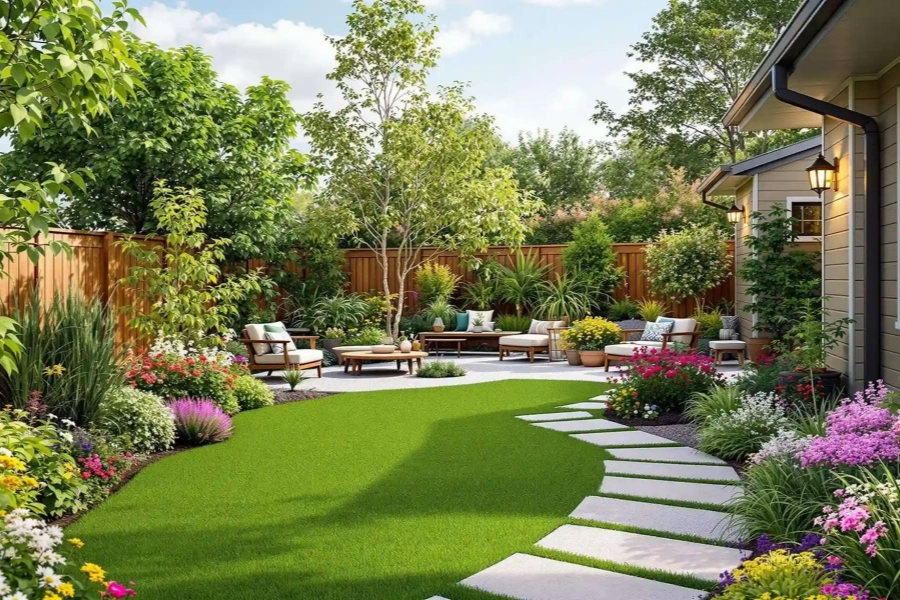One compelling reason to start a home garden is the access to fresh, nutrient-rich produce. Growing vegetables, herbs, or fruits means harvesting food at peak ripeness, when vitamins and flavors are strongest—far fresher than items shipped long distances to grocery stores. Even a small windowsill garden with basil, cherry tomatoes, or lettuce can provide ingredients for daily meals, reducing reliance on store-bought produce that may contain pesticides or preservatives. This not only improves diet quality but also cuts grocery costs over time, as home-grown items replace purchased ones.
Home gardening also offers significant mental health benefits. Spending time tending to plants—watering, pruning, or harvesting—serves as a form of mindfulness, diverting attention from stress and worries.
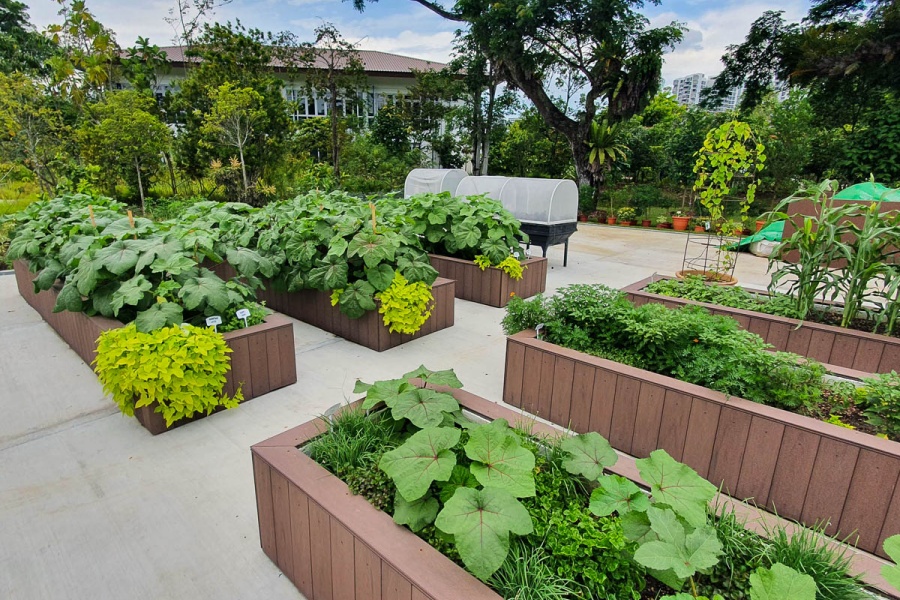
The rhythmic tasks and connection with nature have a calming effect, lowering cortisol levels and promoting a sense of well-being. Watching a seed sprout, a flower bloom, or a vegetable grow provides a tangible sense of accomplishment, boosting self-esteem and creating moments of joy in daily routines. For those with busy lives, a garden becomes a peaceful retreat, a place to slow down and engage with the natural world.
Beyond personal benefits, home gardening supports environmental health. Growing plants at home reduces the carbon footprint associated with transporting, packaging, and storing commercial produce. Gardens also promote biodiversity, attracting pollinators like bees and butterflies, which are vital for ecosystems. Even small container gardens can improve air quality, as plants absorb carbon dioxide and release oxygen.
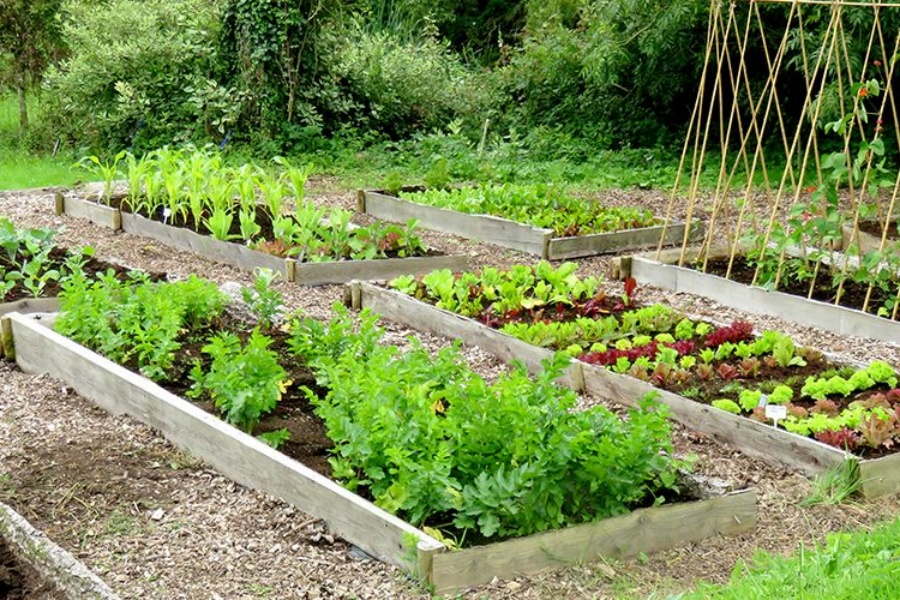
Composting kitchen scraps to nourish garden soil further reduces waste, creating a sustainable cycle that benefits both the garden and the planet.
Home gardening is also a versatile activity that adapts to any space or skill level. Apartment dwellers can grow herbs on a balcony or countertop, while homeowners with yards can cultivate larger beds. It’s a hobby that grows with experience—beginners can start with hardy plants like mint or carrots, while more seasoned gardeners might experiment with exotic flowers or fruit bushes. It also offers opportunities for learning, from understanding soil chemistry to recognizing plant diseases, making it a lifelong source of knowledge and growth.
In every form, home gardening weaves together practicality, health, and joy, turning ordinary spaces into sources of life and sustenance. It reminds us of the simple pleasures of nurturing growth, connecting us to the earth and to the food that sustains us.

